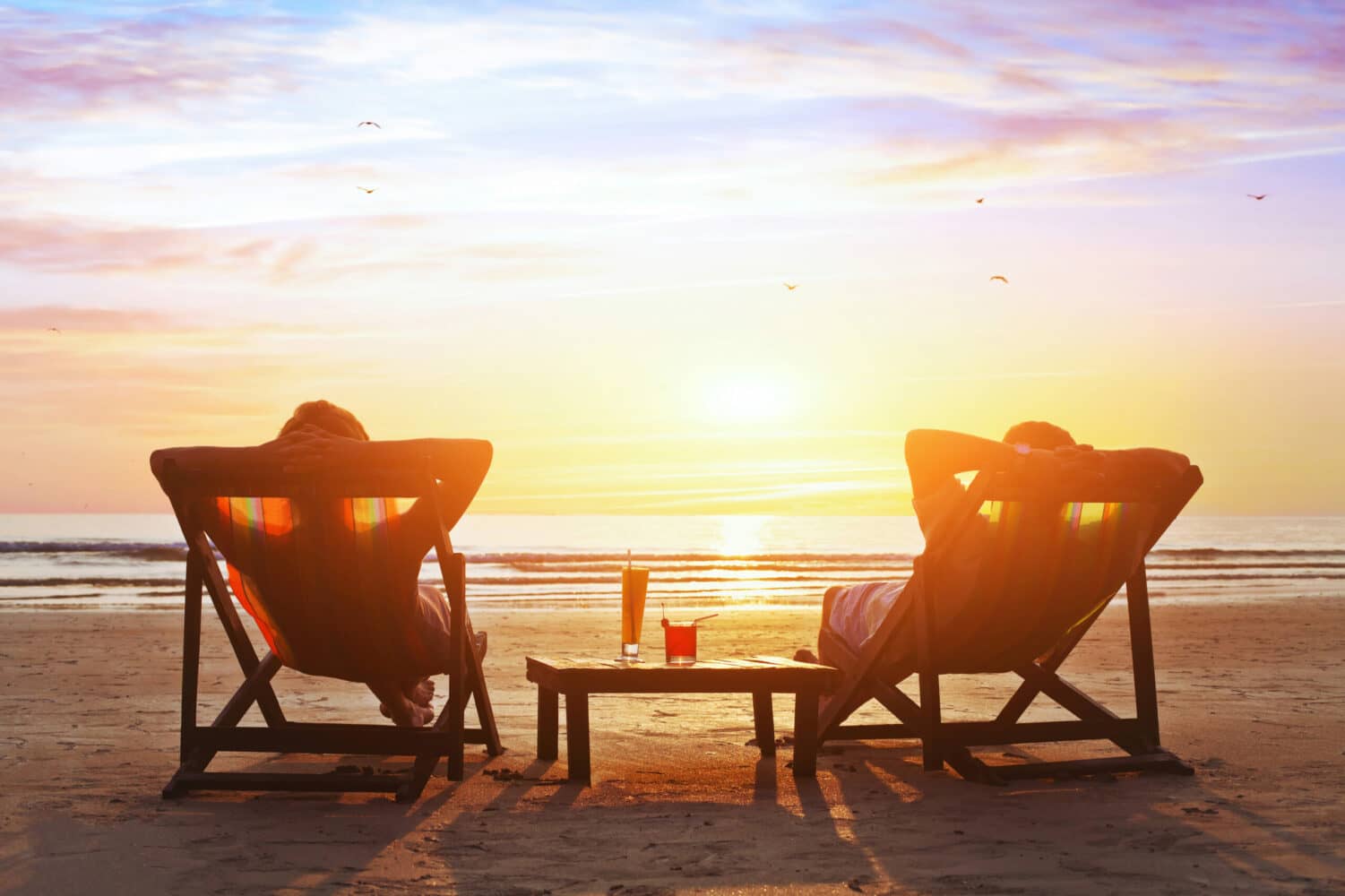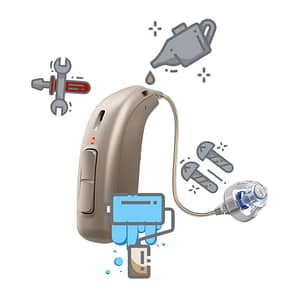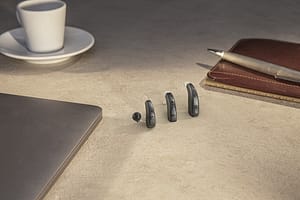On Sunday, the clocks went forward whilst we were asleep and we woke up to the glory that is summertime. Summer makes us feel happier and more energetic, as we socialise and spend an increased amount of time outdoors soaking up vitamin D. It’s the season for Pina Coladas, picnics, sandy beaches, and all the good things in life.
But that doesn’t mean that the summer season doesn’t pose an array of risks to our health – most notably, sunburn, dehydration, and nasty bug bites. So, we come prepared – we protect ourselves by slathering on sunscreen and bug repellent; by seeking shade, and staying hydrated. But as we bask in the bliss that is summertime, how many of us think to protect our hearing?
You’d be surprised just how harmful the summer season can be to our ears, and more so than any other season. We are exposed to a myriad of loud noises (often without even realising it), so with this in mind, we have created a list of all the summer activities that pose a risk to hearing health.

1. Festivals and Outdoor Concerts
Have you ever experienced ringing in your ears after going to a festival or concert? Do you already suffer from tinnitus, and believe that these kinds of events make your tinnitus worse? This could be a sign of hearing damage, but unfortunately it could be too late because as soon as the small hairs inside your inner ear are harmed, the damage is irreversible. Festivals and concerts produce noise levels that are often higher than 100dB and hearing damage can happen instantly by overloading your ears with sounds over 85dB for too long or too often. This is known as noise-induced hearing loss.
Some may not know the risks, and others may not even care, but multiple studies have shown that a staggering amount of festival and concert goers don’t think about protecting their hearing whilst they are there. But here is why you should, even in outdoor settings: unlike indoor concerts where the sound is absorbed, outdoor venues cause the sound to disperse causing bands to turn the music up even louder.
What can I do?
Reduce noise levels by staying away from the speakers, taking regular breaks and wearing a pair of noise-reducing earplugs.
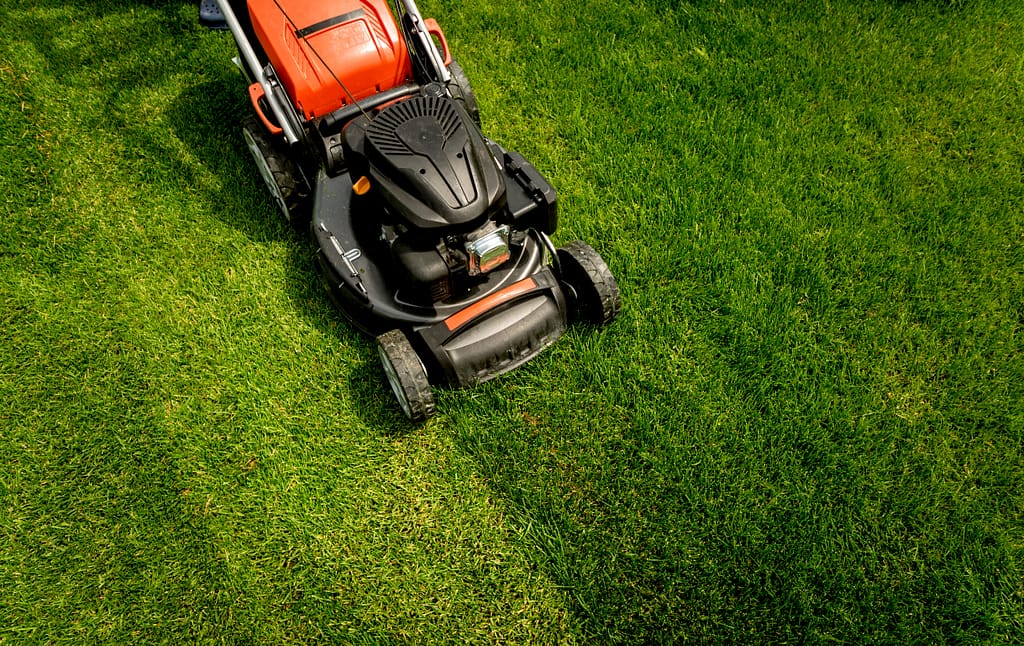
2. Operating Garden Equipment
We all want our gardens to be in the best shape for visits from family and friends over the course of summer. After all, it is the season for barbeques, garden parties and various other sources of outdoor entertainment, but having a pretty garden shouldn’t come at the cost of losing your hearing later in life.
We’re not only talking about lawnmowers, but hedge trimmers, leaf blowers and pressure washers for patios can be catastrophic to your ears. Most equipment used for gardens range between 85dB and 105dB, which is over the recommended level for noise exposure.
What can I do?
Reduce noise levels by wearing noise-reducing ear plugs. Invest in electric rather than gas-powered equipment because electric generates less noise. Proper maintenance of garden equipment can also reduce noise levels.

3. Water sports
Contrary to what you might believe, it’s not as much the engine noise that can be detrimental to your hearing, but the sound of the wind! Jet skis are ridden at an average speed of 57mph and speedboats at 70mph, producing wind noise levels of over 100dB. If these wind noise levels exceed 115dB, hearing damage can take place after only 15 minutes of exposure.
What can I do?
Reduce noise levels by wearing a simple pair of disposable earplugs.

4. Firework Displays
Fireworks are not just restricted to Guy Fawkes night in this country. Summer is considered a prime time for fireworks because it is a great opportunity to make the most of the warm evenings. But as much as we all relish a good barbeque whilst watching fireworks burst into the night sky, they give off sounds higher than 120dB! This can be extremely critical to one’s hearing and can cause immediate, permanent hearing damage.
What can I do?
Reduce noise levels by wearing noise-reducing ear plugs.

5. Convertibles
Convertibles are made for the hot weather, and is there anything better than taking one for a spin on a sunny day? You can enjoy the blue skies and feel the breeze in your hair but at a cost to your ears unfortunately. We all know that as soon as the weather is forecast hot and sunny, the roads turn to chaos. Everyone becomes flustered in a frantic rush to drive to the seaside; car horns are used; traffic builds up and car crashes occur. These noises aren’t so bad for those inside non-convertible cars and who are using the air con to keep cool, but it is a whole other story for those with their car roofs down. Traffic can average around 70-80dB, car horns will typically reach 100-110 dB, and for those who are unfortunate enough to witness a car crash on the way down, will meet noise levels of up to 150dB. But that is not all – add the noise of the wind and the sounds of car engine noises to the mix too when driving a convertible.
What can I do?
It is not safe to wear a standard pair of earplugs whilst driving, but there are custom-made pairs available. Reduce noise levels by having the roof down but keeping the windows up.
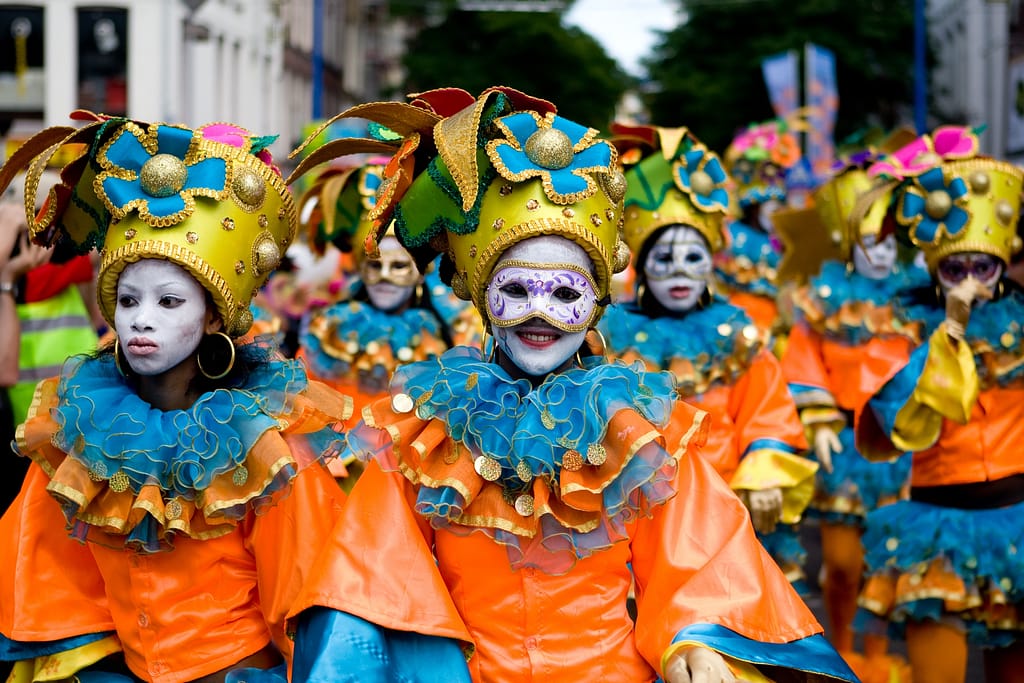
6. Carnivals and Parades
Carnivals and parades can be a favourite summertime activity for families but are usually booming with a range of loud noises. From marching bands, sirens, revving engines, music, and shouting, parade noise can be a real danger to one’s hearing.
What can I do?
You know what to do – wear earplugs in situations where noise levels are unsafe to keep your ears safe this summer!
